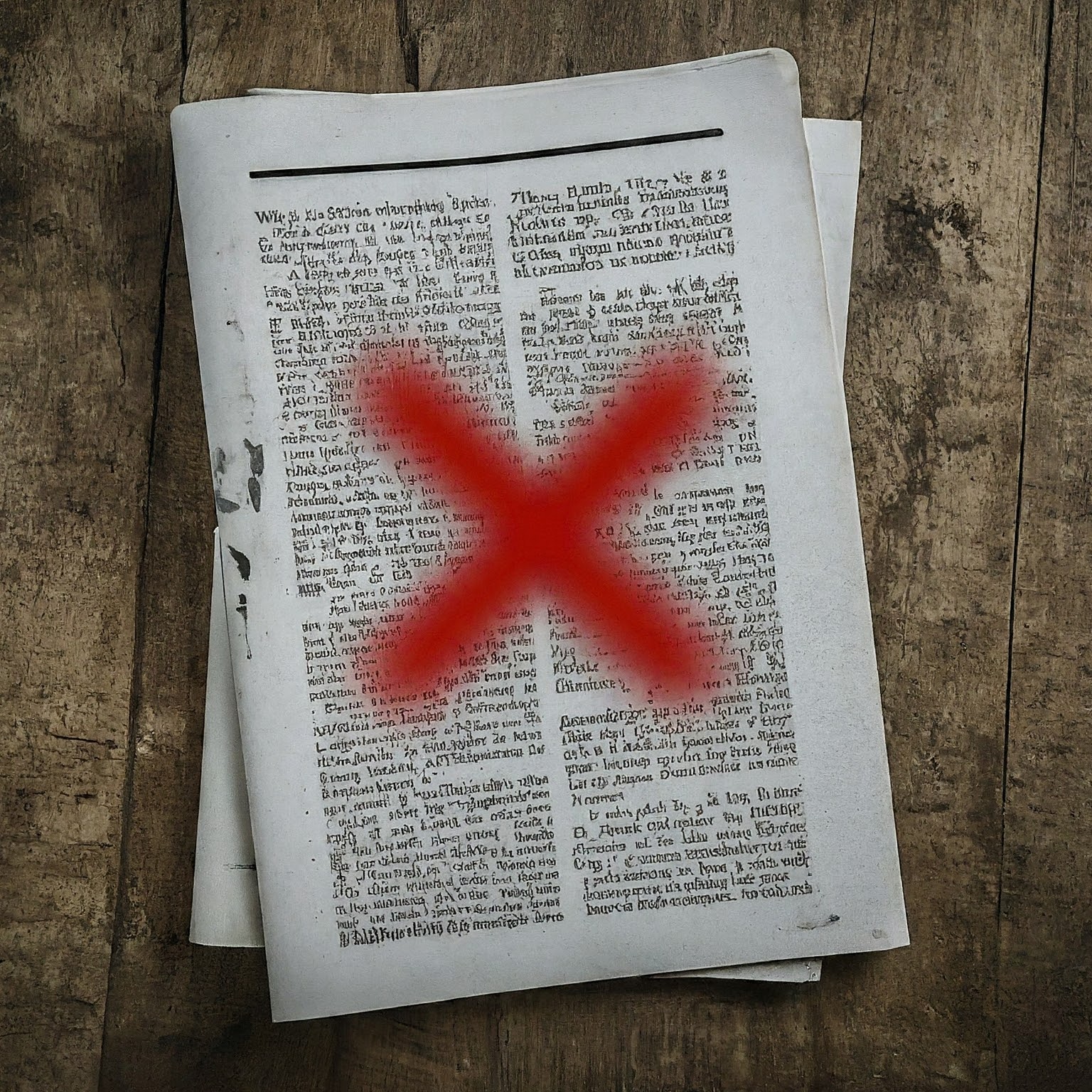Whitepages, a popular online directory, has long been a go-to resource for people seeking information about others. It offers a wealth of data, including names, addresses, phone numbers, and even criminal records. But is Whitepages accurate? This question has been a subject of debate and concern for many. In this comprehensive article, we will delve into the accuracy of Whitepages, exploring its data sources, potential errors, and the implications for users.

Understanding Whitepages
Before we dive into the accuracy of Whitepages, it’s essential to understand how it operates. Whitepages primarily relies on public records to compile its information. These records include:
Government databases: Birth certificates, marriage licenses, property records, voter registration lists, and criminal records.
Phone directories: Both traditional print directories and online listings.
People search databases: Other online directories that collect and aggregate public information.
It’s important to note that Whitepages does not generate its own information; it simply aggregates data from various sources. This means that the accuracy of Whitepages is directly tied to the accuracy of the underlying public records.
The Accuracy Challenge
While Whitepages strives to provide accurate information, several factors can contribute to inaccuracies:
Data Entry Errors: Human error in data entry can lead to incorrect information being recorded in public records. This can include typos, incorrect dates, or missing information.
Data Delays: There can be delays in updating public records, which means that Whitepages might not reflect the most current information.
Privacy Settings: Some individuals may have privacy settings in place that restrict the availability of their information. This can lead to incomplete or missing data on Whitepages.
Data Aggregation Issues: Combining data from multiple sources can lead to inconsistencies and errors, especially when information is duplicated or conflicting.
Criminal Records: Criminal records can be complex and subject to changes. Expunged or sealed records might still appear on Whitepages, while current records might be missing.
Assessing the Accuracy of Whitepages
To determine the accuracy of Whitepages, it’s essential to consider the specific type of information you’re seeking. Here’s a breakdown of the accuracy levels for different categories:
Name and Address Information
Generally, Whitepages is fairly accurate for name and address information. However, it’s important to remember that people can move, change their names, or use aliases, which can affect the accuracy of the results.
Phone Number Information
Phone number information on Whitepages can be less reliable. Phone numbers change frequently, and there might be multiple listings for the same person. Additionally, some people use unlisted or private numbers that won’t appear on Whitepages.
Criminal Record Information
Criminal record information on Whitepages should be treated with caution. As mentioned earlier, records can be expunged or sealed, and the accuracy of the information can vary by jurisdiction. It’s always best to verify criminal records through official government channels.
Implications of Inaccurate Information
Inaccurate information on Whitepages can have several consequences:
Identity Theft: Incorrect information can make it easier for identity thieves to target individuals.
Reputation Damage: False or misleading information can harm someone’s reputation.
Legal Issues: Relying on inaccurate information for legal purposes can lead to problems.
Tips for Using Whitepages
To minimize the risks associated with using Whitepages, follow these tips:
Cross-Verify Information: Always verify information from Whitepages with other sources.
Be Wary of Criminal Records: Treat criminal record information on Whitepages with skepticism.
Protect Your Privacy: Be aware of your privacy settings and consider using tools to limit the amount of information available online.
Understand the Limitations: Recognize that Whitepages is not a foolproof source of information.
Conclusion
While Whitepages can be a valuable tool for finding public information, it’s essential to approach it with caution. The accuracy of the data can vary, and relying solely on Whitepages for important decisions can be risky. By understanding the limitations of Whitepages and taking steps to verify information, you can minimize the potential negative consequences.


